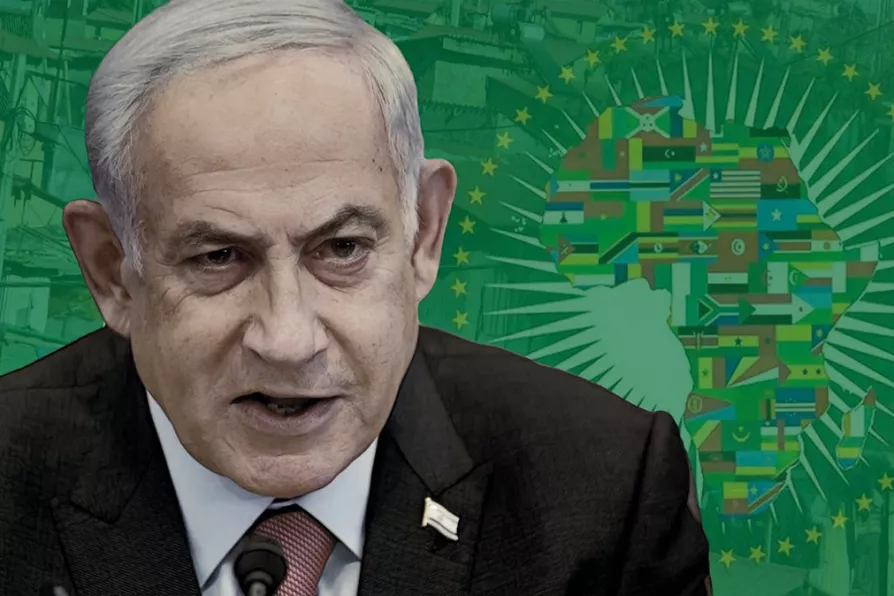MBDA’s Alabama factory makes components for Boeing’s GBU-39 bombs used to kill civilians in Gaza. Its profits flow through Stevenage to Paris — and it is one of the British government’s favourite firms, reveals SOLOMON HUGHES


THE scene of Israeli diplomat Sharon Bar-Li, along with other Israeli delegates, being escorted out of the opening ceremony of the African Union summit in Addis Ababa, Ethiopia, last month was historic.
The very moment that was meant to crown 20 years of Israeli diplomacy in Africa turned, in a few seconds, into a representation of Tel Aviv’s failure on the continent.
Unable to fathom the breakdown of its diplomatic and political efforts, Israel responded to Bar-Li’s removal by waging a war of words against African countries, accusing them of spearheading a campaign aimed at blocking Israel’s observer status.

With foreign media banned from Gaza, Palestinians themselves have reversed most of zionism’s century-long propaganda gains in just two years — this is why Israel has killed 270 journalists since October 2023, explains RAMZY BAROUD

Gaza’s collective sumud has proven more powerful than one of the world’s best-equipped militaries, but the change in international attitudes isn’t happening fast enough to save a starving population from Western-backed genocide, argues RAMZY BAROUD

RAMZY BAROUD asks why it has taken so long for even left-wing voices in the West to call out what Israel is doing

RAMZY BAROUD explains why the world can no longer ignore Palestine













